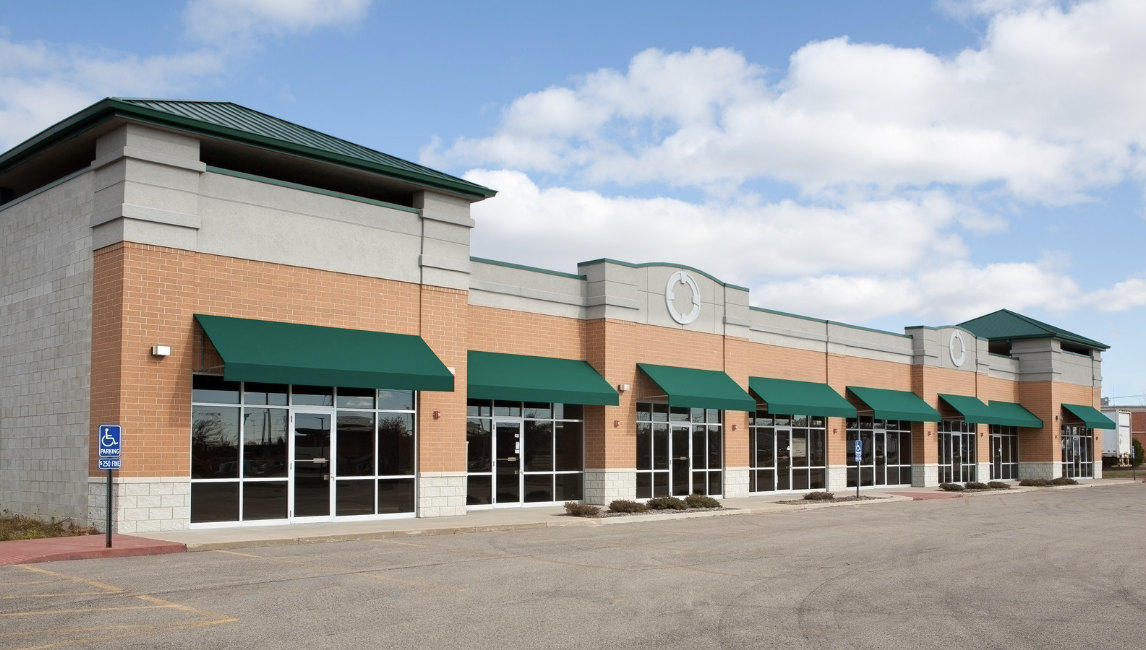The Evolution of U.S. Commercial Real Estate in 2024
The U.S. commercial real estate landscape underwent significant changes in 2024, driven by the persistence of hybrid work models, ongoing challenges in the retail sector, and expansion in logistics infrastructure. These trends have redefined how real estate is utilized, reshaping the strategies of developers, landlords, and investors alike. As the market adjusts to these new realities, understanding the factors contributing to these shifts is crucial for stakeholders involved in the commercial property sector.
Shifts in Office Spaces
Office spaces experienced the most profound shifts as many companies embraced long-term hybrid work strategies, reducing their demand for traditional workspaces. This new model has changed the way businesses operate, emphasizing flexibility and employee comfort over the necessity of a large physical workspace. Major cities such as San Francisco and New York reported alarming double-digit vacancy rates, particularly in older office towers that lacked modern amenities. The once thriving demand for conventional office facilities has diminished, compelling landlords to rethink their offerings substantially.
Modern Work Environments and Adaptive Repurposing
While traditional office vacancy rates soared, a contrasting trend emerged for modern, flexible office environments. These newer spaces, featuring advanced collaborative technology and wellness amenities, retained strong interest from companies seeking to foster productivity and employee well-being. The heightened focus on employee experience has encouraged property owners to renovate existing spaces or develop new ones that cater to contemporary work requirements. As a response to the declining demand for traditional offices, some landlords opted to repurpose old office properties into mixed-use developments, integrating residential units to diversify income streams and meet evolving market conditions.
The Dilemma Facing Retail Spaces
Retail spaces, on the other hand, faced continued difficulties largely influenced by the dominance of e-commerce. Traditional shopping centers struggled with declining foot traffic, leading to concerns over profitability and sustainability. In response, property managers and retailers implemented innovative strategies to revitalize their offerings. Many have started hosting entertainment events, establishing pop-up shops, and creating cultural experiences to draw visitors and boost revenue. This pivot aimed to transform these retail spaces into destination hubs that provide unique experiences beyond mere shopping, thus enhancing consumer engagement.
The Boom in the Industrial Sector
In stark contrast to the challenges facing traditional office and retail spaces, the industrial sector emerged as a highlight of growth in 2024. The rise of online shopping and ongoing supply chain adjustments have posed critical demands for warehouses and distribution centers. Cities such as Dallas and Atlanta have witnessed substantial investments in logistics infrastructure, reinforcing their status as major economic hubs. This surge in demand underscores a shift towards more logistical solutions that facilitate fast delivery and efficient fulfillment processes, further accentuating the importance of the industrial sector in the contemporary market.
The Future of Commercial Real Estate: Flexibility and Innovation
As the landscape of commercial real estate continues to evolve, the focus for the future will be on flexibility and adaptation. Looking ahead to 2025, it is anticipated that mixed-use developments and creative repurposing of properties will become increasingly essential strategies for property owners. The ability to transform assets into multi-functional spaces will be critical in maintaining profitability in a shifting market, as stakeholders strive to meet the dynamic demands of consumers and businesses alike.
Conclusion
The commercial real estate market in the U.S. has undergone substantial transformation by 2024, showcasing the impact of changing work habits, the challenges in retail, and the growth in logistics. As traditional sectors face unprecedented hardships, innovative approaches and adaptive strategies have emerged as necessary responses. Stakeholders must remain attuned to these evolving trends to safeguard their investments and ensure future success in an ever-changing landscape.
FAQs
What are the primary factors driving changes in the U.S. commercial real estate market?
The primary factors include the adoption of hybrid work models, the growth of e-commerce impacting retail spaces, and the increasing demand for logistics and industrial properties.
How have office space demands changed in major cities?
Major cities have experienced an increase in vacancy rates in traditional office spaces due to many companies embracing remote work and hybrid strategies. In contrast, flexible and modern office spaces are still in high demand.
What strategies are being used to revitalize retail environments?
Retail environments are exploring innovative strategies such as hosting entertainment events, creating cultural experiences, and introducing pop-up shops to attract visitors and enhance engagement.
Why is the industrial sector currently thriving?
The industrial sector is thriving due to the rise in online shopping, which demands more warehousing and distribution solutions, along with significant investments in logistics infrastructure in key cities.
What does the future hold for commercial real estate?
The future of commercial real estate will likely focus on flexibility, mixed-use developments, and innovative property repurposing efforts as owners seek to adapt to ongoing market changes.

